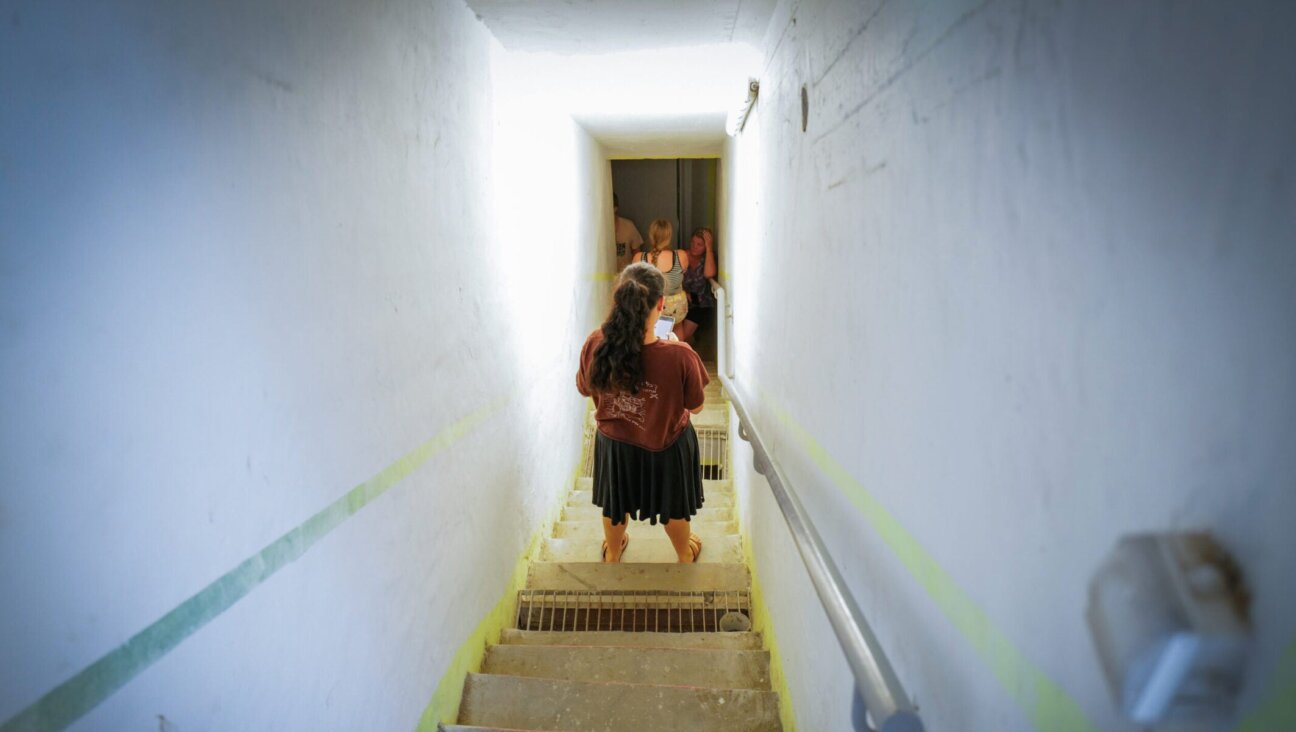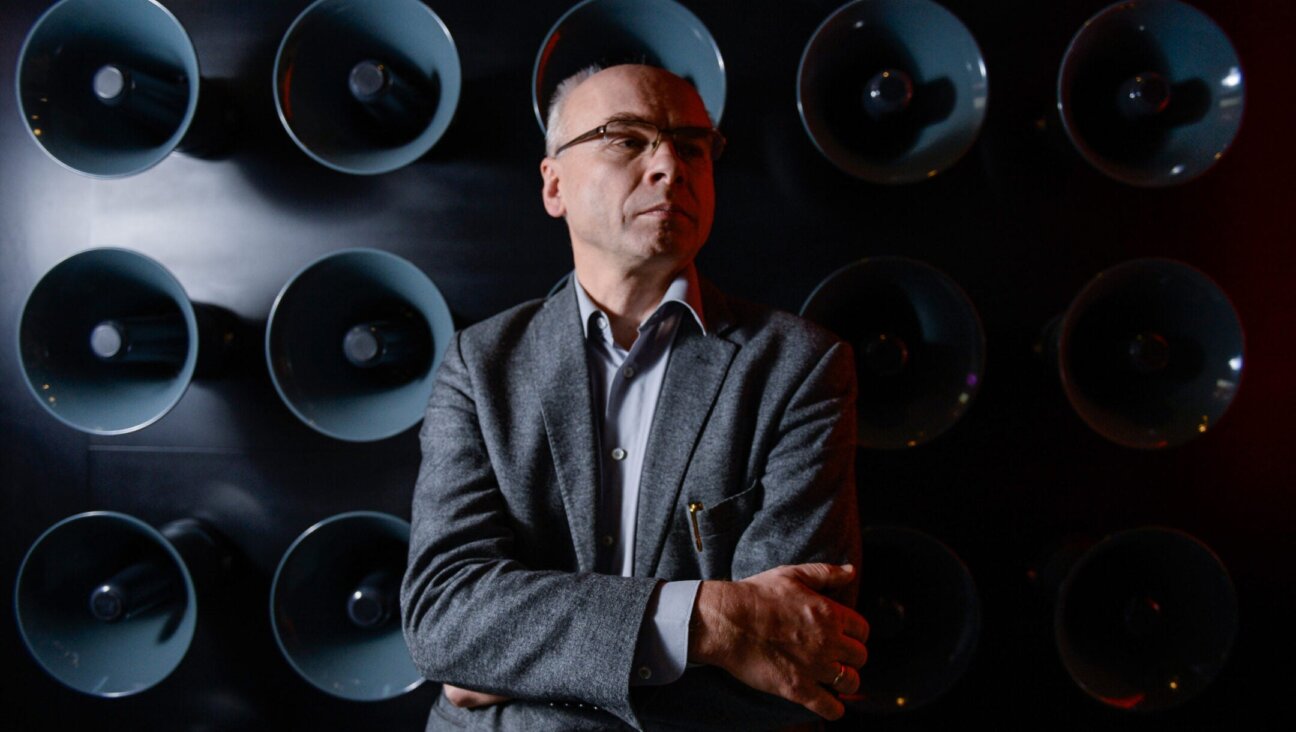I graduated early to hike the Appalachian Trail. Now I’m stuck inside.

Graphic by Angelie Zaslavsky

The author hiking. Image by Tal Mars
I should have been on the Appalachian Trail right now. I am a high school graduate and have been for the last six months — I finished high school a semester early in order to start the Appalachian Trail in April 2020, planning to then begin college after a gap year. Ditching my senior prom to walk across fourteen states sounded like the story I want my future children to admire me for. So my plans to hike the 2,100-mile footpath from Georgia to Maine were pretty much foolproof — or so I thought. As the nothing-but-COVID news notifications amassed on my phone, my heart began to sink; no, I would not be hiking in 2020.
This prospective adventure had controlled every part of my life — in the best of ways. Not only would it benefit me physically, but the trail preparation took me on a journey mentally, forcing me to ask new questions about what it could mean to walk mindfully and spiritually in the wilderness for six months. As I readied myself for the trail, I wondered if I would be happy with what I might discover about myself and others. Would hiking this long be worth momentary awareness? My mind constantly drifted to a third-person daydream; I would see myself (but with thickly muscled calves) summiting skyscraping mountains while I answered the most complex questions of my life to the tune of “Take Me Home, Country Roads.” I had such a perfect vision of it all. When we had to shelter in place, I was forced to ask the very same questions, only now from the “great indoors”.
Just before the pandemic set in and made in-person convenings impossible, I participated in the concluding seminar for The Bronfman Fellowship, a program in which I took part through 2019 and 2020. The seminar’s theme of “Visions” seems apropos, looking back.
“What do you wish for history to remember your generation by?” we asked at the seminar. I want us to be remembered as a generation that viewed the virus as a necessary interruption to our daily lives. This is exactly the moment that we should be growing our awareness of our interactions. In a time when each contact with a new person has taken on new meanings and dangers, it occurs to me that, as difficult as current circumstances are, we may have been gifted this time to reflect.
This time in quarantine is a time to create vision, even if we can’t pursue it immediately. I have never seen the world as it is today, with such an emphasis on safety and kindness to others. We must extract this concentrated dose of goodness that has been a symptom of COVID-19 and inject it into the rest of our lives.
I’m young, just starting off on a journey that has been seriously rerouted. But as much as I would like to be on-trail in the Appalachian mountains, this detour has sharpened my inner compass. A big part of why I wanted to hike was something telling me that my authenticity would show itself if I were at a physical and/or emotional extreme. The rawness of being so alone and so independent was calling me, and I wanted to see if I could redefine my usual sense of comfort or normalcy. This fork in the road has given me a similar thing in a way. Though in a very different place, I still feel I am experiencing something that is pushing me to a new level. Lately, I’ve been pretty scared of the world around me but I choose to echo the fear not as something hindering or hateful but as something real and honest.
On the Appalachian Trail, there is a term called “blueblazing,” where you go off-trail and take an alternate path (the main trail is blazed with white markers, the detours with blue). Sometimes the blue blazes take you back to the trail you were initially on, and other times it just leads to a scenic overlook. It is likely we will never get back to the trail we were on, but I know that wherever this blue blaze takes us, the eventual outlook will be beautiful.
Tal Mars lives in Columbus, Ohio and will be attending Ohio University’s Honors Tutorial College as a first-year student in the fall.
















